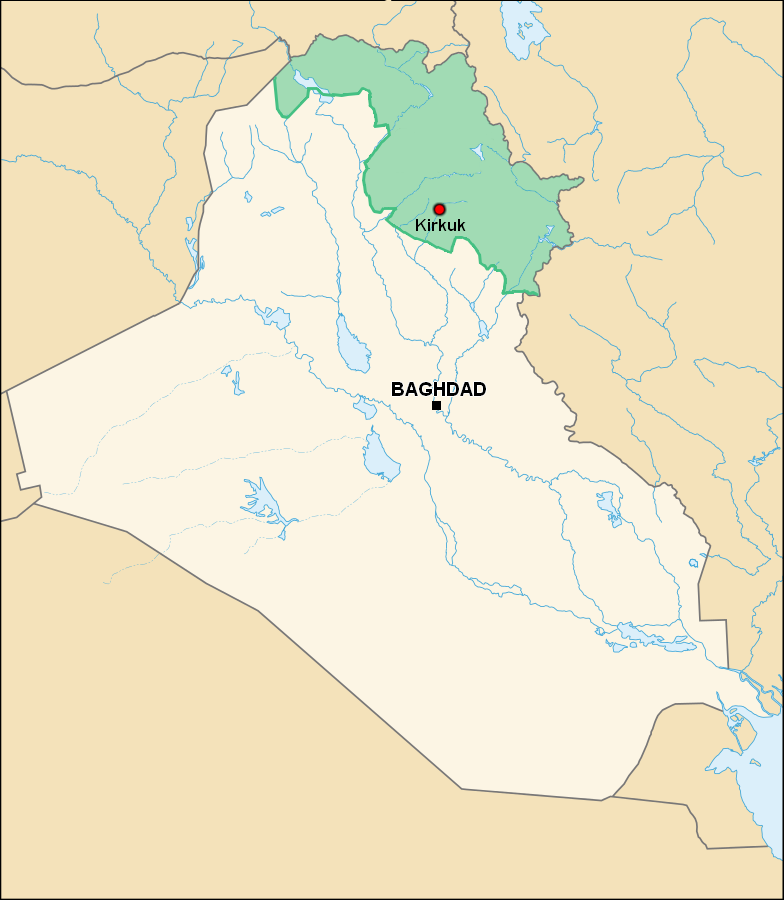Tensions between Iraq and Kurds
Sept. 25, 2017, Iraqi Kurds had overwhelmingly voted in favor of independence from Iraq in a controversial, and historic referendum, that can change the political landscape in the Middle East. Around 92 percent of the about 3 million people who had casted ballots voted “yes” to independence according to the Kurdish electoral commission.
The result symbolized the beginning movement towards independence of this region in northern Iraq, and it also puts the Kurdistan Regional Government (KRG) in conflict with Baghdad.
The Iraqi Prime Minister Haider al-Abadi made no official response to the referendum, only addressing parliament beforehand. al-Abadi said Iraq would not negotiate with the Kurds unless they annulled the results of the vote.
“[I warned] of the consequences of the crisis with Kurdistan,” al-Abadi said. “The preservation of the security of the citizens of the country is our priority.”
Days later, Baghdad made good on its promise. At least six airlines including Middle East Airlines, Royal Jordanian Airlines and EgyptAir had notified passengers and customers that they were canceling regularly scheduled flights from the airports in Erbil and Sulaimaniya. Iran had later closed its airspace.
Before holding the Referendum, the Press Secretary for the White House released a public statement detailing the United States position on the matter of Kurdish autonomy.
In the statement, the U.S. indicated that they do not support the referendum due to it distracting from other issues, such as defeating ISIS and stabilizing liberated areas. Holding the referendum in disputed areas, as planned, actively works against such efforts. The U.S. stated that they would instead prefer negotiations with Baghdad, and reminded the Kurdistan Regional Government that they are prepared to facilitate such dialogue.
U.S. officials opposed the vote because they feared it would destabilize Iraq, stir ethnic conflict and undermine the coalition involved in removing ISIS presence in the country.
Iraqi forces seized the important oil-rich city of Kirkuk on Monday after being under Kurdish control for three years. The KRG maintained control of the city after the Iraqi government’s military had abandoned it during an offensive against ISIS in 2014. Losing control of Kirkuk may prove damaging to the hopes of complete Kurdish autonomy.
Later, Iraqi forces took control of another previously Kurdish occupied town, Sinjar, which is near the Iraq-Syria border. The Kurds had gained control of the town following struggle with its previous ISIS occupiers in 2015.
President Donald Trump persisted Washington would not take sides in the dispute inside Iraq.
“We don’t like the fact that they’re clashing,” President Trump said. “We’re not taking sides. We’ve had for many years a very good relationship with the Kurds, and we’ve also been on the side of Iraq, even though we should have never been there in the first place.”
Escalation in conflict within Iraq is uncertain, as stability is under threat with the pressure of millions of Kurds for independence, amidst the still pressing matter of removing ISIS from the country.



